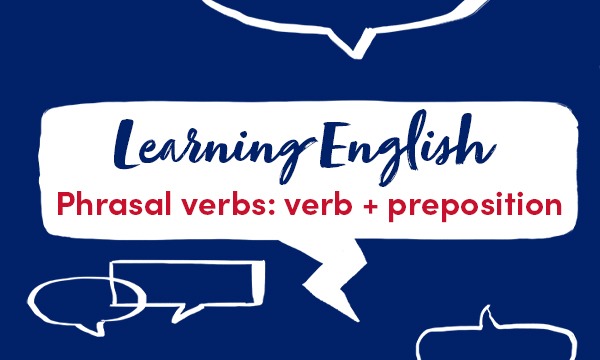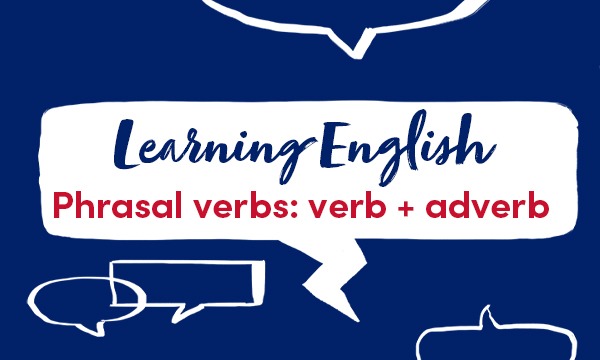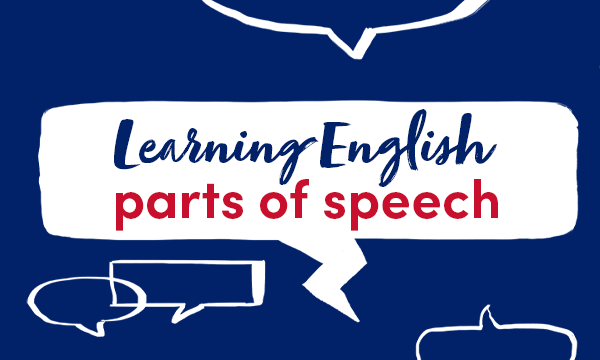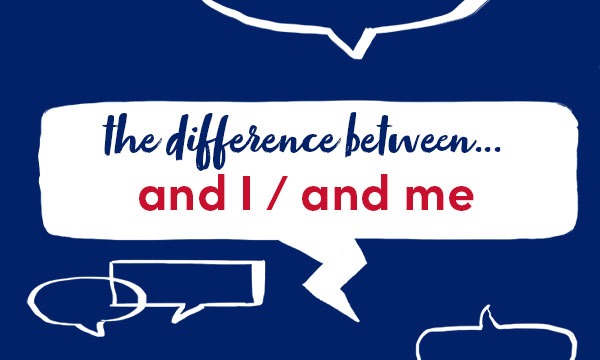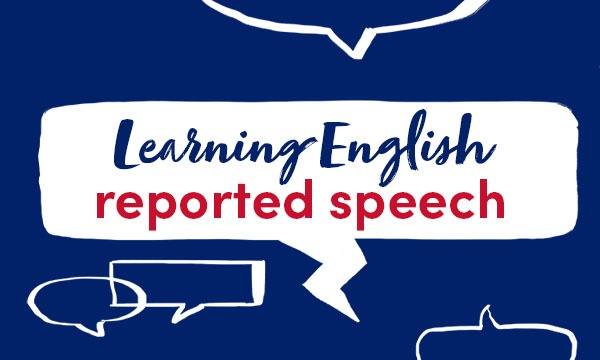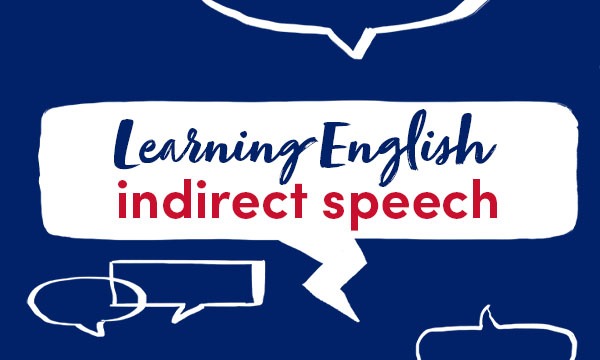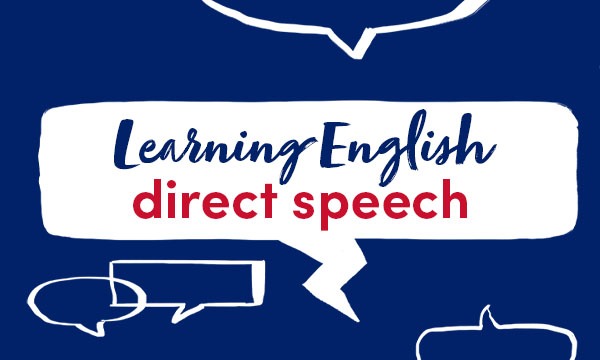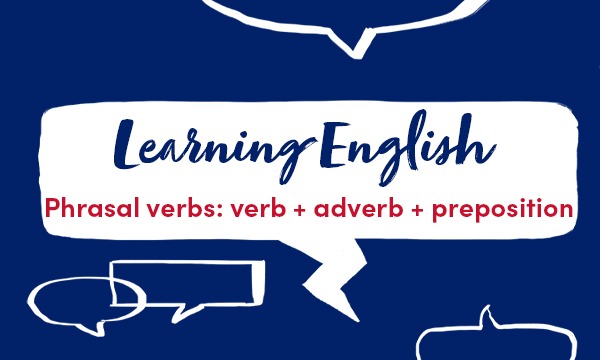
Phrasal verbs: verb + adverb + preposition
Some phrasal verbs are a combination of the verb + adverb and verb + preposition phrasal verbs. All the parts of this type of phrasal verb come BEFORE the object. We are looking forward to our holiday. Don’t put up with it! You must look out for the warning signs. I’m so fed up with city life. Phrasal verbs with… Read More
